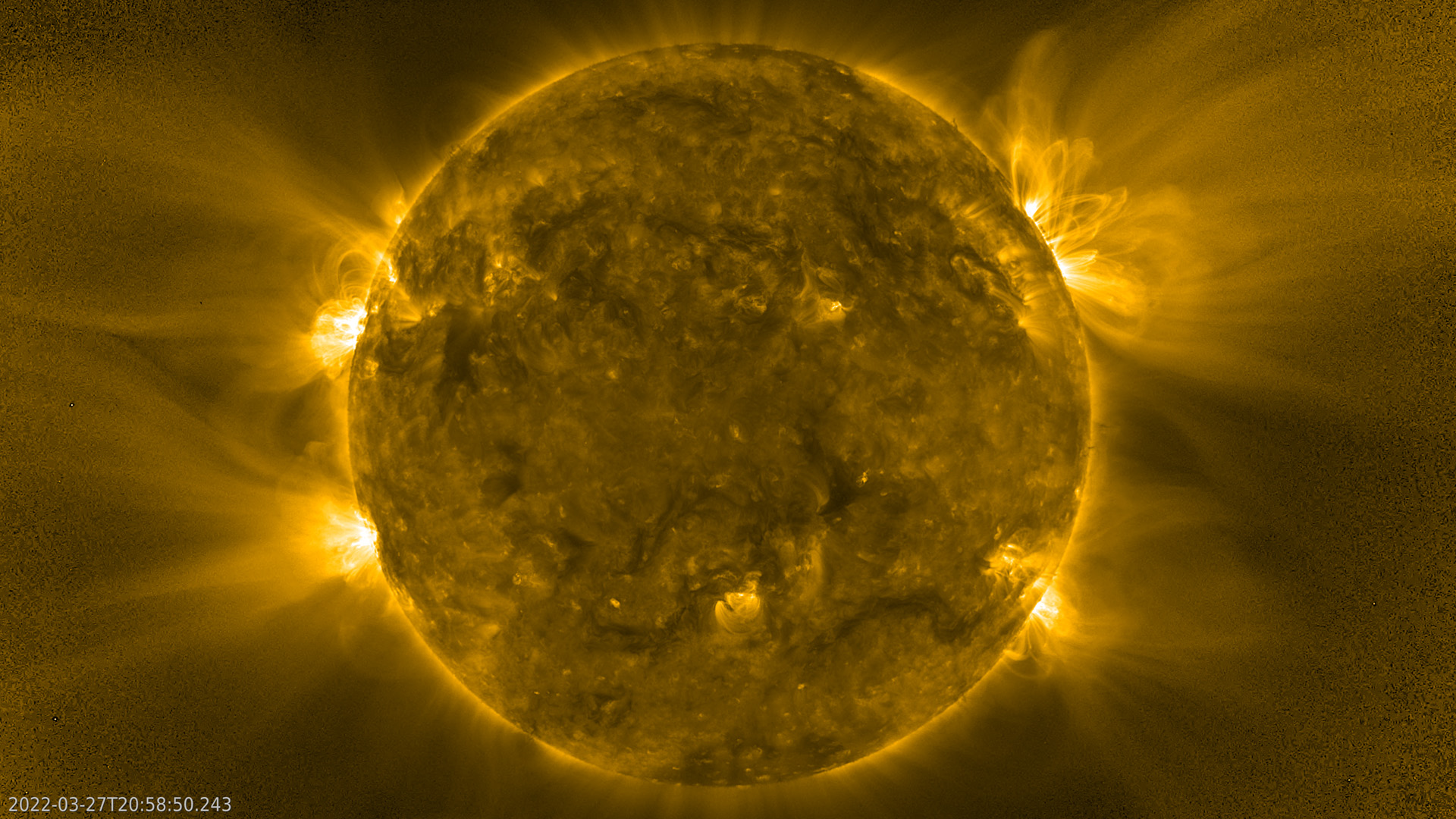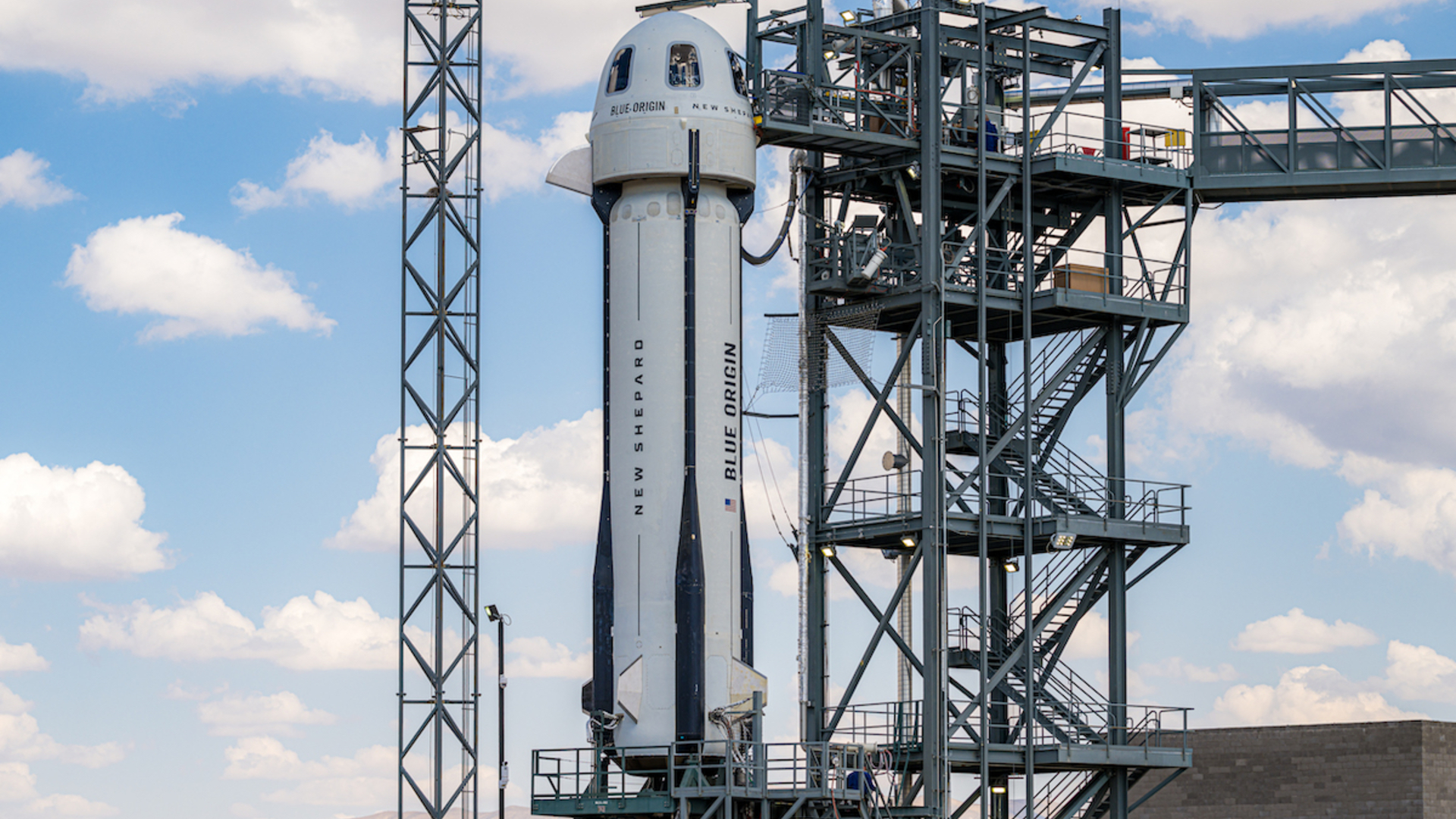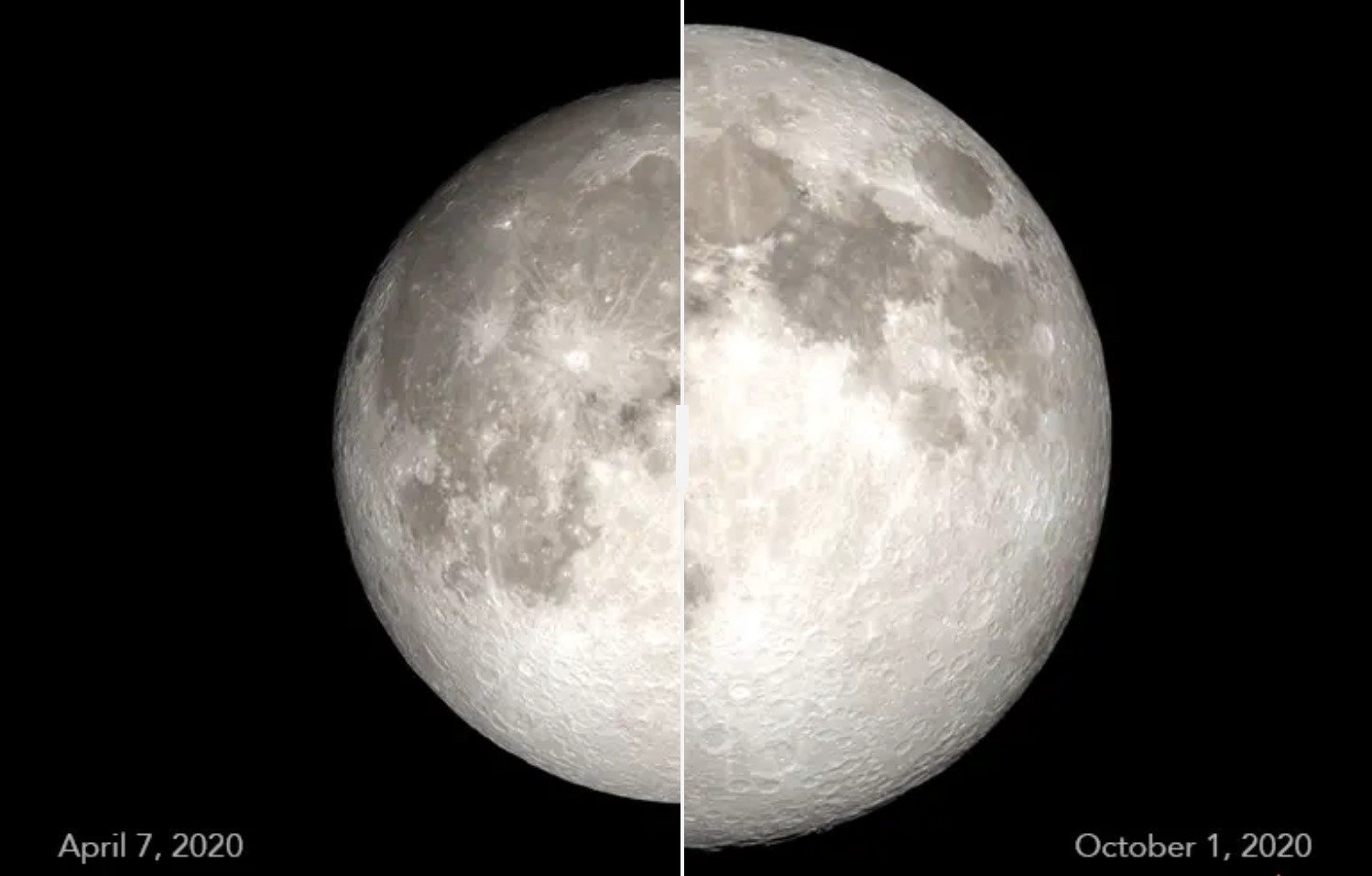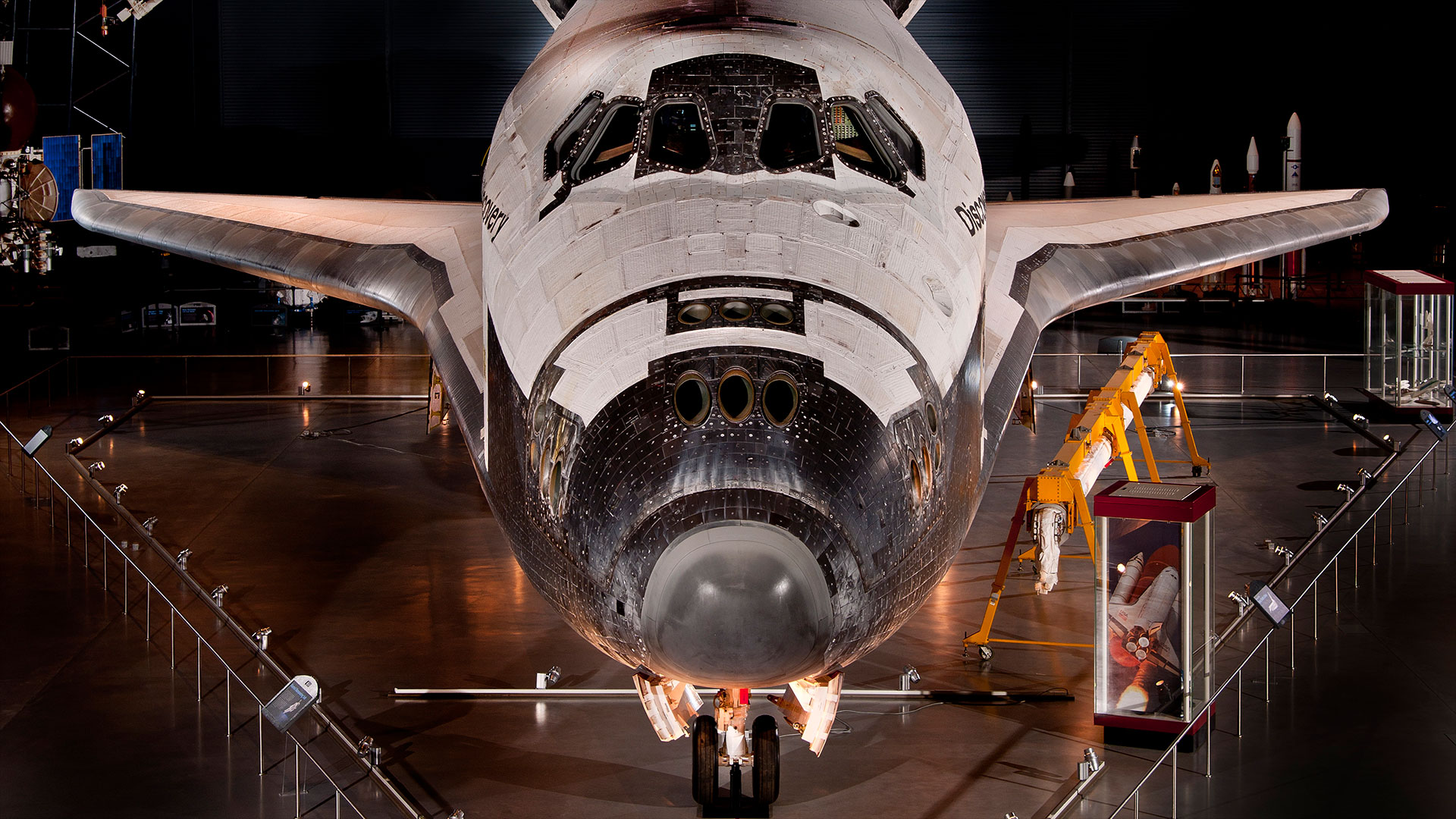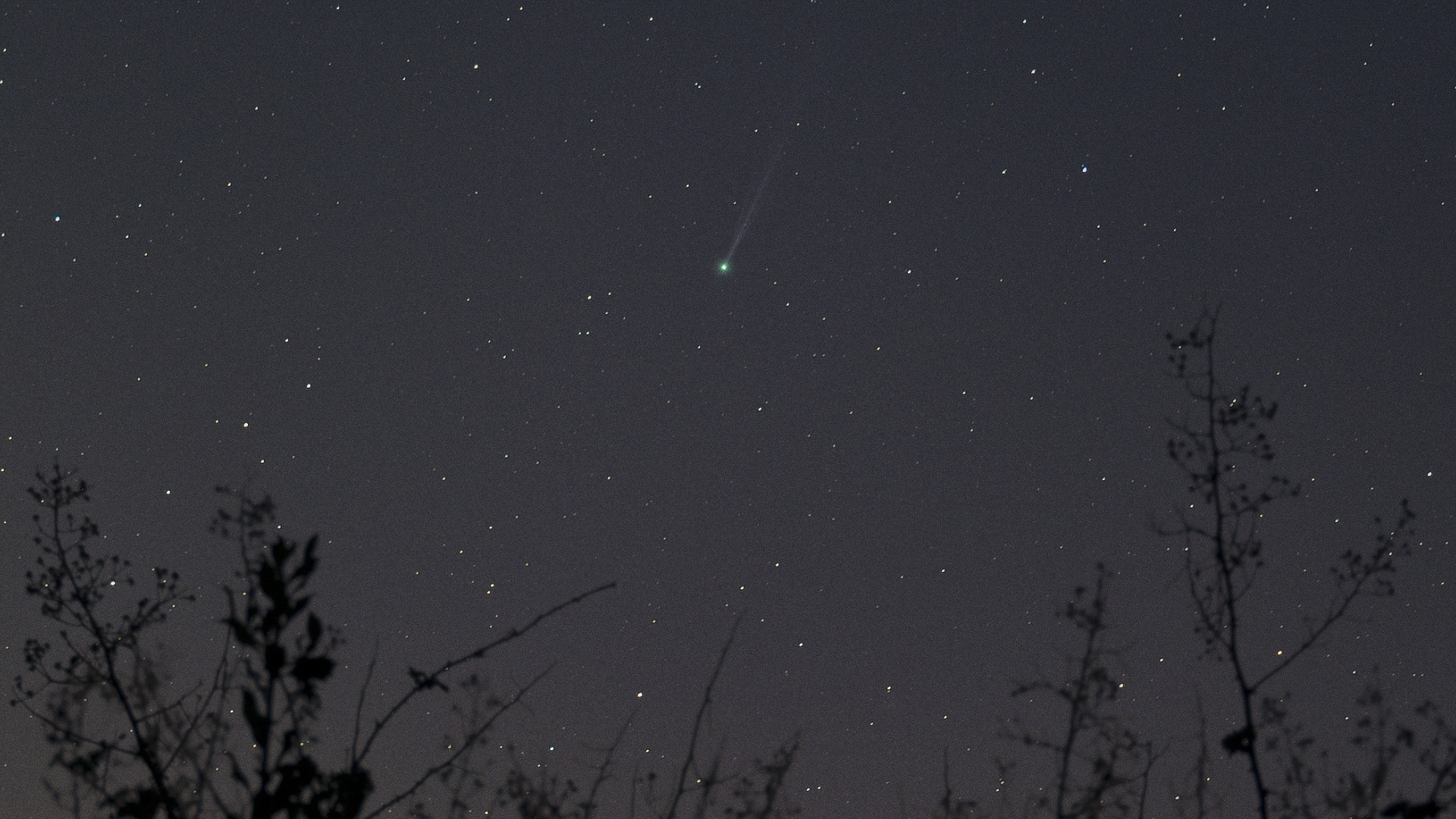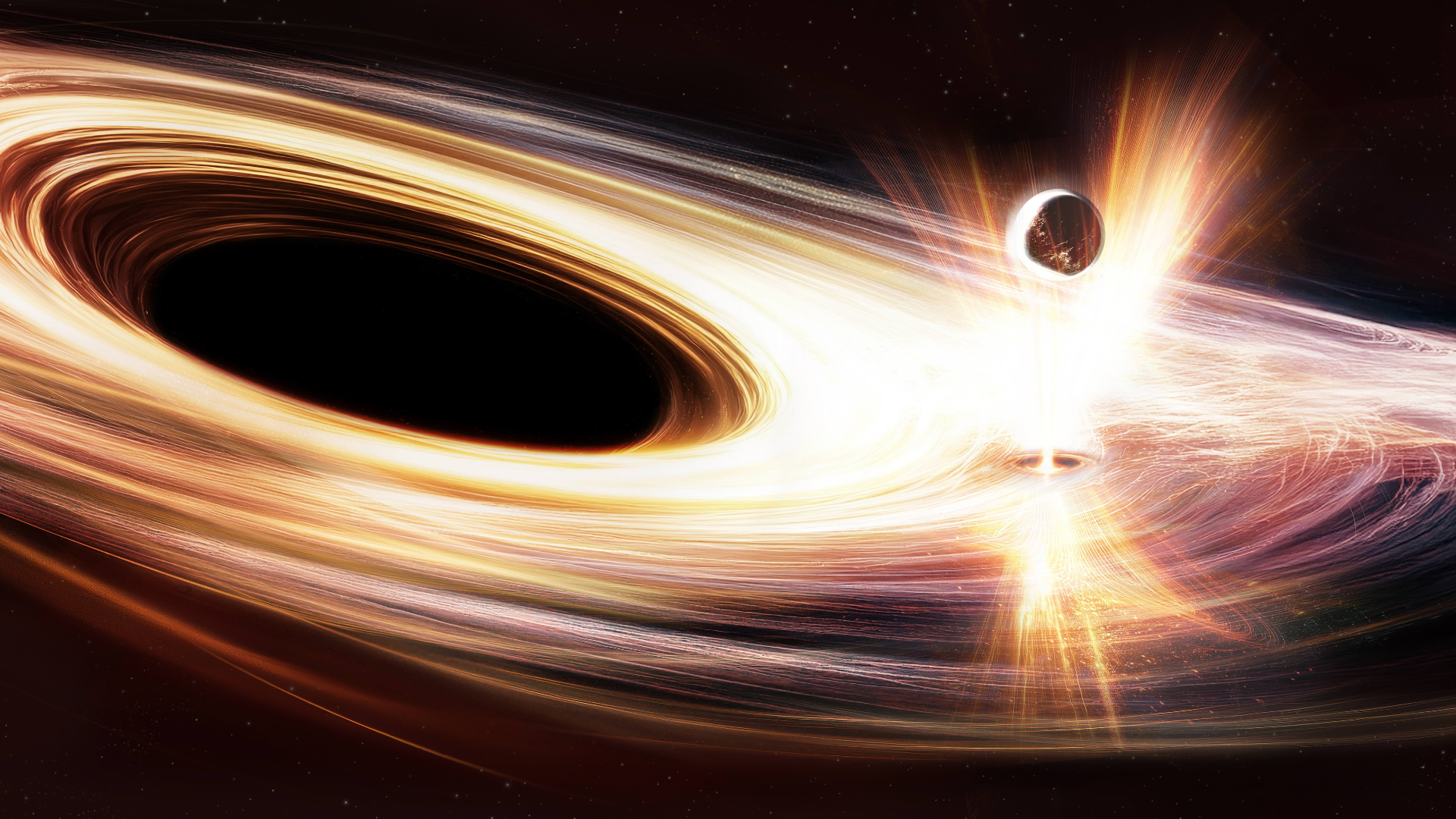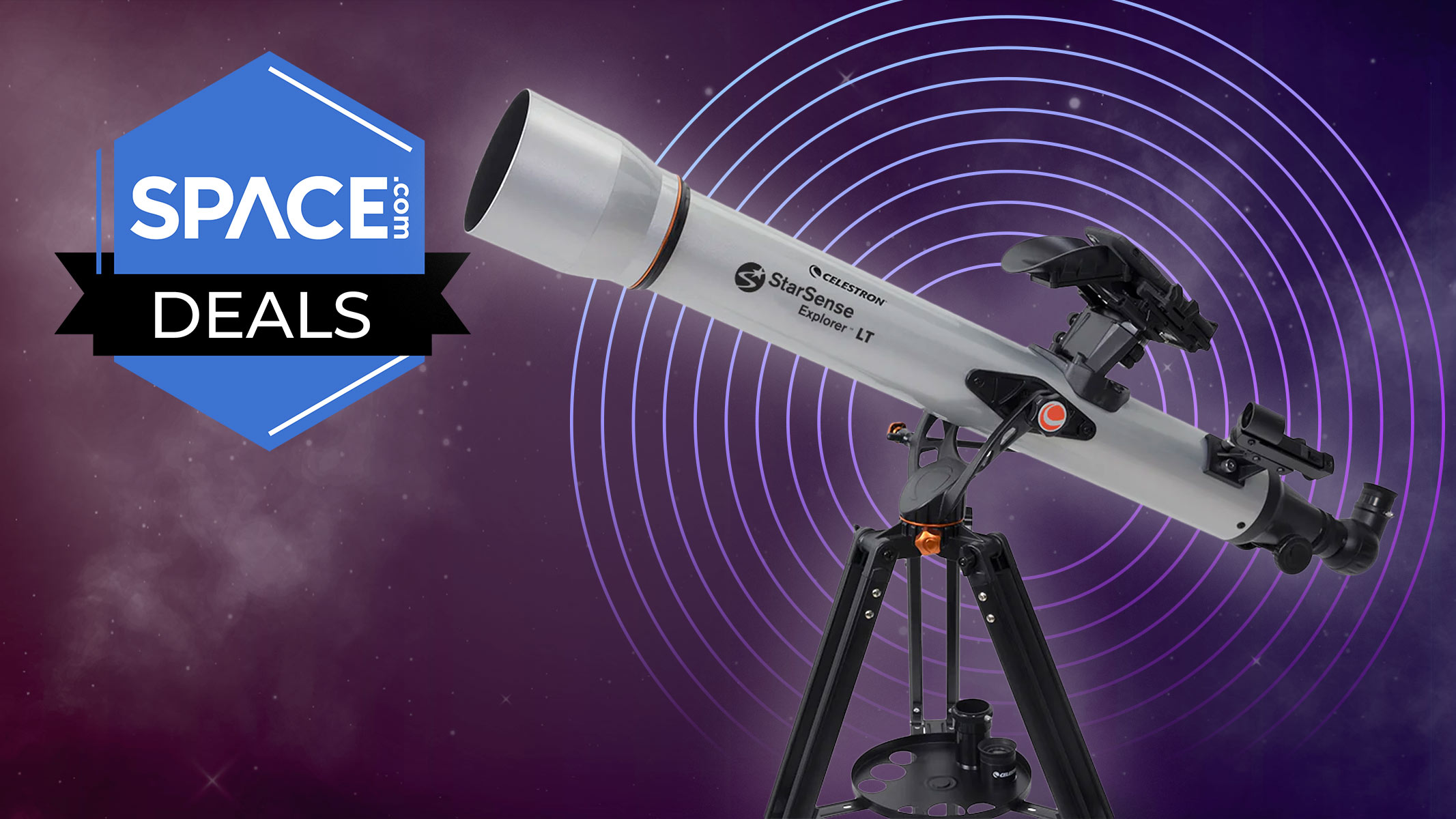Romania signs the Artemis Accords for space exploration cooperation
Romania is the 16th country to join the NASA-led effort for peaceful moon and space exploration.

The country of Romania has signed the Artemis Accords, becoming the 16th nation to join the NASA-led project for cooperation in space.
Romanian Space Agency President and CEO Marius-Ioan Piso signed the accords for peaceful exploration of the moon and space on Tuesday (March 1) during a virtual ceremony at the country's Ministry of Foreign Affairs in Bucharest. NASA Administrator Bill Nelson attended virtually, though the U.S. Chargé d'affaires to Romania David Muniz was on hand for the event.
"Now more than ever, it is important that we work together across international boundaries to strengthen partnerships and ensure the use of outer space for peaceful purposes," Nelson said in a statement. "Having Romania join the Artemis Accords is an important step toward achieving this goal."
Related: NASA's Artemis 1 moon mission explained in photos
The Artemis Accords are a set of principles that outline the peaceful and responsible exploration of the moon and beyond as NASA's Artemis program aims to return astronauts to moon later this decade. Piso said Romania's signing of the accords is a way to inspire a new generation of scientists and explorers for the country and the world.
"This spirit of collaboration was a main impetus for us to join the Artemis Moon exploration endeavor," Piso said in the March 1 statement. "Among the clear benefits that emerge from the participation in this unique program, we see Artemis also as an attractor for the younger generation towards science, discovery, innovation — things that robots still cannot do. It is also a good way to move the focus from conflicts between humans to challenges in discovery, exploration, and defense of our planet."
NASA and the U.S. State Department unveiled the Artemis Accords in 2020 with eight nations signing on at the start: Australia, Canada, Japan, Luxembourg, Italy, the United Kingdom, the United Arab Emirates and the United States. Since then, eight more countries have signed on as they plan ways to contribute to lunar exploration. In addition to Romania, the other signatory countries include Ukraine, South Korea, New Zealand, Brazil, Poland, Mexico and Israel.
Get the Space.com Newsletter
Breaking space news, the latest updates on rocket launches, skywatching events and more!
Related: How NASA's Artemis moon landing with astronauts works
"The Artemis Accords lay out certain principles to guide civil space actors, among them: peaceful purposes, transparency, interoperability, commitment to emergency assistance, registration of space objects, release of scientific data, deconfliction of activities, protection of space heritage, and mitigation of orbital debris, including spacecraft disposal," a U.S. State Department statement explained.
NASA said more countries are expected to join the Artemis Accords "in the months and years ahead, as NASA continues to work with its international partners to establish a safe, peaceful, and prosperous future in space."
NASA's Artemis program aims to return astronauts to the moon by around 2025 or so to establish a sustain human presence on Earth's nearest neighbor. The program includes plans for a Gateway lunar station in orbit around the moon and a crewed landing near the lunar south pole, where signs of water ice have been found in the permanent shadows of craters.
NASA's first Artemis mission, called Artemis 1, is slated to launch in May or June of this year and will be use the agency's first Space Launch System megarocket to send an Orion space capsule around the moon. A crewed lunar orbit mission, Artemis 2, will follow that flight, culminating in the Artemis 3 crewed landing, NASA has said.
Email Tariq Malik at tmalik@space.com or follow him @tariqjmalik. Follow us @Spacedotcom, Facebook and Instagram.
Join our Space Forums to keep talking space on the latest missions, night sky and more! And if you have a news tip, correction or comment, let us know at: community@space.com.

Tariq is the Editor-in-Chief of Space.com and joined the team in 2001, first as an intern and staff writer, and later as an editor. He covers human spaceflight, exploration and space science, as well as skywatching and entertainment. He became Space.com's Managing Editor in 2009 and Editor-in-Chief in 2019. Before joining Space.com, Tariq was a staff reporter for The Los Angeles Times covering education and city beats in La Habra, Fullerton and Huntington Beach. In October 2022, Tariq received the Harry Kolcum Award for excellence in space reporting from the National Space Club Florida Committee. He is also an Eagle Scout (yes, he has the Space Exploration merit badge) and went to Space Camp four times as a kid and a fifth time as an adult. He has journalism degrees from the University of Southern California and New York University. You can find Tariq at Space.com and as the co-host to the This Week In Space podcast with space historian Rod Pyle on the TWiT network. To see his latest project, you can follow Tariq on Twitter @tariqjmalik.

